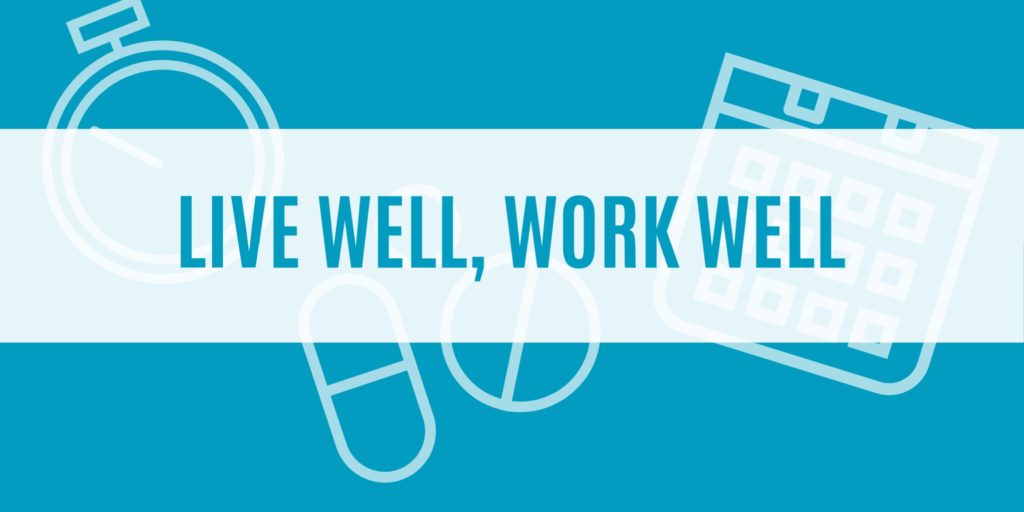 Eight out of 10 COVID-19 deaths reported in the United States have been adults ages 65 years and older.
Eight out of 10 COVID-19 deaths reported in the United States have been adults ages 65 years and older.
As you get older, your risk of being hospitalized with COVID-19 increases. It’s important for older adults and people with underlying medical conditions to take precautions to reduce their risk of getting COVID-19. The same goes for people who live or visit with those individuals.
The Centers for Disease Control and Prevention (CDC) provided guidance to help older adults reduce their risk of getting COVID-19 and navigate going out in public.
How to Reduce Your Risk of Getting Sick
It’s important for older adults to protect themselves from getting COVID-19. Consider the following ways to protect yourself and to help reduce the spread:
- Wear a mask when interacting with others.
- Limit in-person interactions as much as possible, particularly when indoors.
- Keep 6 feet away from others.
- Wash your hands often. If soap and water are not readily available, use a hand sanitizer that contains at least 60% alcohol.
- Avoid touching your eyes, nose and mouth.
- Cover your coughs and sneezes with a tissue. Then, wash your hands.
- Clean and disinfect surfaces often.
If you think you may have COVID-19, get in touch with your health care provider within 24 hours.
If You Have a Medical Condition
In addition to age, other factors can increase your risk for severe illness—such as having underlying medical conditions. By understanding the factors that put you at an increased risk, you can make decisions about the daily precautions to take. If you have a medical condition, continue to follow your treatment plan:
- Continue your medicines and don’t change anything without talking to a health care provider.
- Have at least a 30-day supply of prescription and nonprescription medicines. Talk to your health care provider and pharmacist about getting a supply for more than 30 days to reduce your trips to the pharmacy.
- Do not delay getting emergency medical care. Call your health care provider if you have any concerns about your underlying medical conditions or if you get sick and think that you may have COVID-19.
- If you don’t have a health care provider, contact your nearest community health center or health department.
If You’re Going Out in Public
Consider the level of risk before deciding to go out in public or visit family and friends. It’s important to understand the risks of going out and reduce your risk as much as possible when you resume activities, run errands, and attend events. In general, the more people you interact with, the more closely you interact with them and the longer that interaction is, the higher your risk is of getting and spreading COVID-19.
Before going out, consider the following questions:
- How many people will you interact with?
- Can you stay 6 feet apart from others?
- Will you be outdoors or indoors?
- What’s the length of time that you will be interacting with people?
- Will people be wearing masks?
Consider avoiding activities where it may be difficult to take protective measures, such as activities where social distancing can’t be maintained. If you decide to engage in public activities, consider the following steps:
- Practice everyday preventive actions.
- Shop when stores are typically less crowded, such as early in the morning or late in the evening. Older adults can use designated “senior hours.”
- Use alternatives to on-site dining such as delivery, takeout and curbside pickup.
- Keep a mask and an alcohol-based hand sanitizer readily available when venturing out.
- Avoid others who are not wearing masks.
Delay or cancel your visit if anyone has symptoms of COVID-19 or has been exposed in the last 14 days. Additionally, consider current levels of COVID-19 infection in your specific community, and delay or cancel a visit if infection is widespread.
Lastly, if you, a family member or friend live in a nursing home, assisted living facility or other type of senior living facility, follow the local facility’s precautions and visitor restrictions.
Vaccine Considerations
It’s especially important for older adults to get the COVID-19 vaccine. For that reason, the CDC recommends that adults 65 years and older are one of the first groups to receive COVID-19 vaccines. You can protect yourself and the people around you by getting the vaccine when it is available to you.
Remember, if anyone asks you to pay for access to a vaccine, it’s a scam. Don’t share your personal or financial information if someone calls, texts or emails you for access to the vaccine for an extra fee.
Summary
Staying healthy during the pandemic is important. Talk to your health care provider about whether your vaccinations and other preventive services are up to date to help prevent you from becoming ill with other diseases.
People at an increased risk for severe illness, and those who live or visit with them, need to take precautions to protect themselves from getting COVID-19.
Source: CDC
This article is for informational purposes only and is not intended as medical advice. For further information, please consult a medical professional. Design © 2021 Zywave, Inc. All rights reserved.

